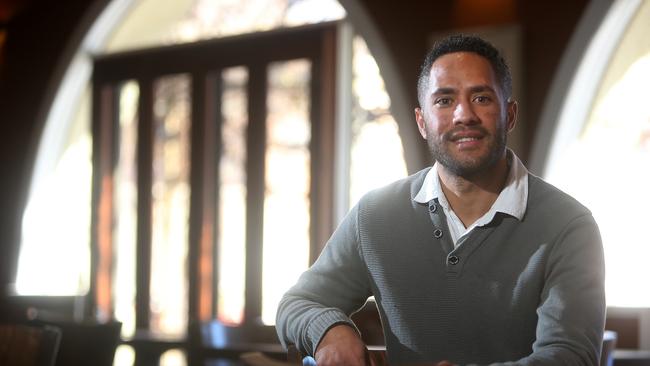One in 10 Pacific farm workers seeking protection visas
An increasing number of workers from Pacific countries who came to Australia for farm work are leaving the scheme.
More than one in 10 farm workers are leaving a Pacific Island labour scheme to apply for protection visas.
In the past four years, the number of workers in Australia on a Pacific Australia Labour Mobility visa has steadily increased, from 8557 in 2020-21 to a high of 30,424 in 2022-23.
But so too has the number of workers who have held a 403 PALM, Seasonal Worker Program or Pacific Labour Scheme visa who have applied for protection, from 7 per cent four years ago to almost 12 per cent this year.
New figures from the Department of Home Affairs show between 1 July and 21 September this year, 565 people on a Pacific worker visa have applied for protection, out of the 5012 who have been granted a PALM visa in that time.
In 2023-24, almost 12 per cent, or 2938 Pacific workers applied for protection.
More than half of those seeking protection are from Fiji, Tonga and Vanuatu.
A Department of Employment and Workplace Relations spokesman said the federal government was strengthening the PALM scheme “to better protect and support PALM scheme workers and improve their experience in Australia”.

Since the scheme’s inception, Vanuatu has sent more workers than any other participating nation.
As one of three country liaison officers employed by Vanuatu, Pita Foliaki said he wasn’t surprised workers were leaving the scheme because many come under the impression they will earn more, or are surprised they have their living expenses deducted from their wages.
“They see it’s very easy to go for other visa pathways. The disengaged community has a strong network. The majority will have support from a family or community member who is disengaged and for someone to take that decision, it’s because someone has guaranteed them they can make more money,” Mr Foliaki said.

Stephen Howes, who is a Professor of Economics at the Crawford School of Public Policy at the Australian National University, said the lure of a protection visa was strong because they came with working rights and access to Medicare, which the PALM scheme does not offer.
“Once you’re on this bridging visa, you’ve got unrestricted working rights and you can work anywhere, not just on a farm or in the countryside, and you get Medicare and it’s going to last longer because of the time it takes the government to process your application, so you can understand why the workers are doing it,” he said.
Professor Howes said protection visas have been abused for almost 15 years as a means of staying in Australia for prolonged periods of time.
“It is a scam if they don’t have a genuine protection case, but it’s not illegal. The great majority are rejected, but you can appeal that to the administrative affairs tribunal,” he said, adding Pacific Island workers were the minority on a long list of cases waiting for assessment.





